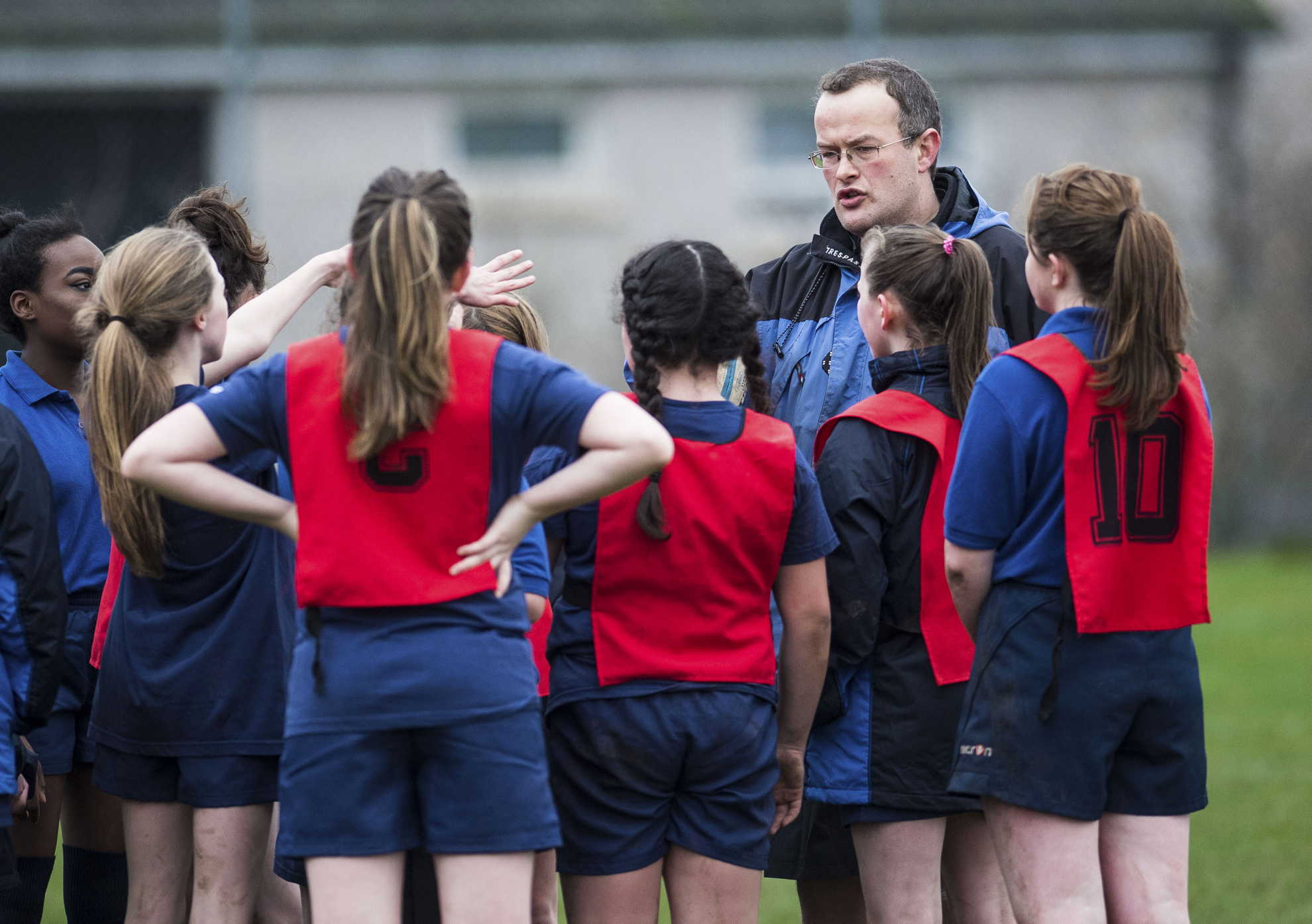Coaching girls – considerations
The game of rugby is the same for girls and boys, however, it is important to understand that boys and girls are different. Understanding the differences will help you to maintain a positive learning climate.

From research and experiences shared across our Unions, the majority of girls play out of love of the game, to have fun and make friends. As they get older fitness also becomes a key motivator and some will aspire to play at an elite level.
As with boys, girls will develop at different rates and times. Training programmes should take this into account and be tailored to the development stage of the player. For example, a ten-year-old girl may have been playing since she was six years of age and therefore has four years’ experience playing the game while a twenty-five-year-old may just have taken up the sport and be in her first year of rugby.
Some key areas which are particularly useful to consider when coaching girls are outlined below:
- As girls can tend to be more people-orientated, how a coach engages and communicates with them is very important as this sets a foundation for their learning and encourages participation
- Girls can respond more positively when their coach knows them as individuals and understands their personalities, motivations, and goals
- Girls tend to ask more questions than boys as they usually need to understand the detail of an instruction before willingly completing it as the process is as important as the outcome
- Be mindful of physical interaction. Physical touch needs to be appropriate. If it is required to demonstrate a particular skill, permission should be obtained from the player provided that it is within cultural norms. Coaches may need to use a full range of questioning and demonstration strategies (for example, use of experienced players to demonstrate, use of video)
- Having females involved in managing or coaching is good practice
- Physical differences between male and female children aged ten to twelve years of age are usually minimal.